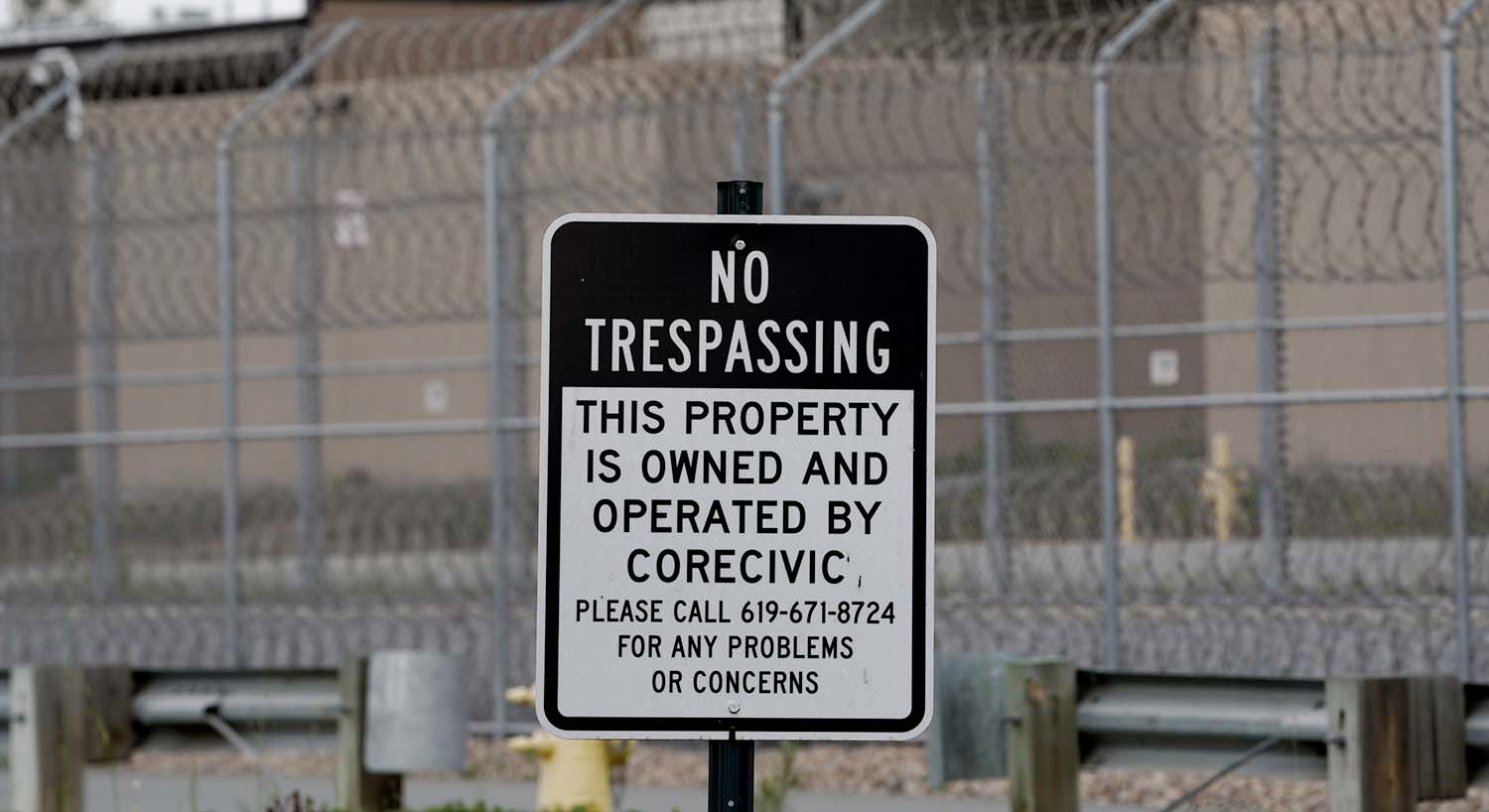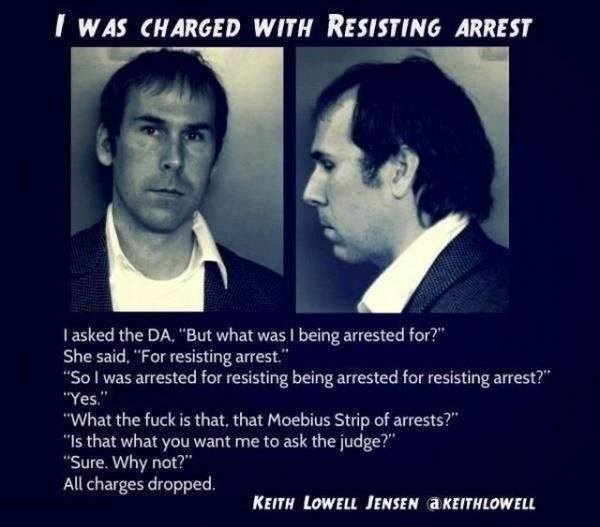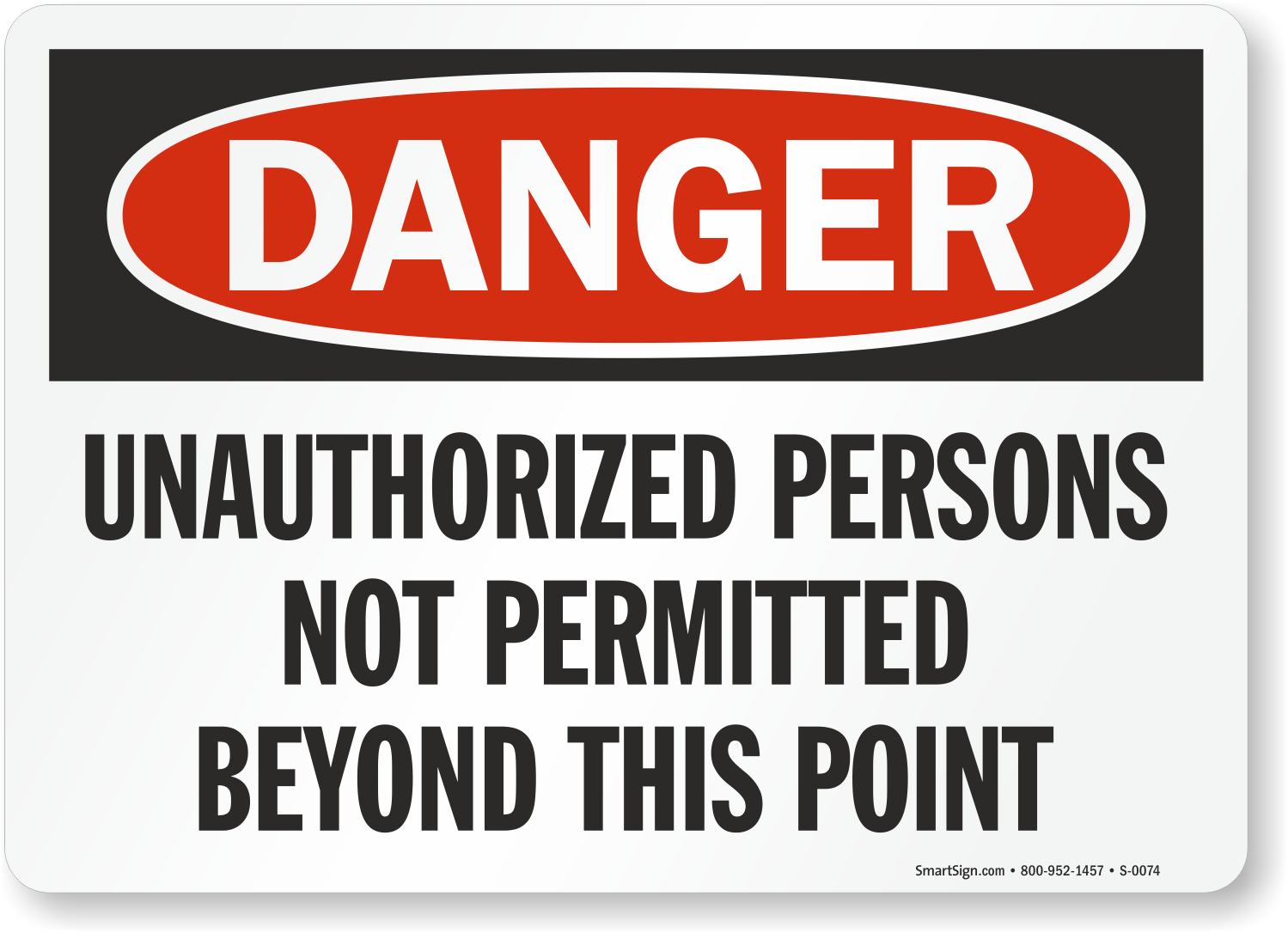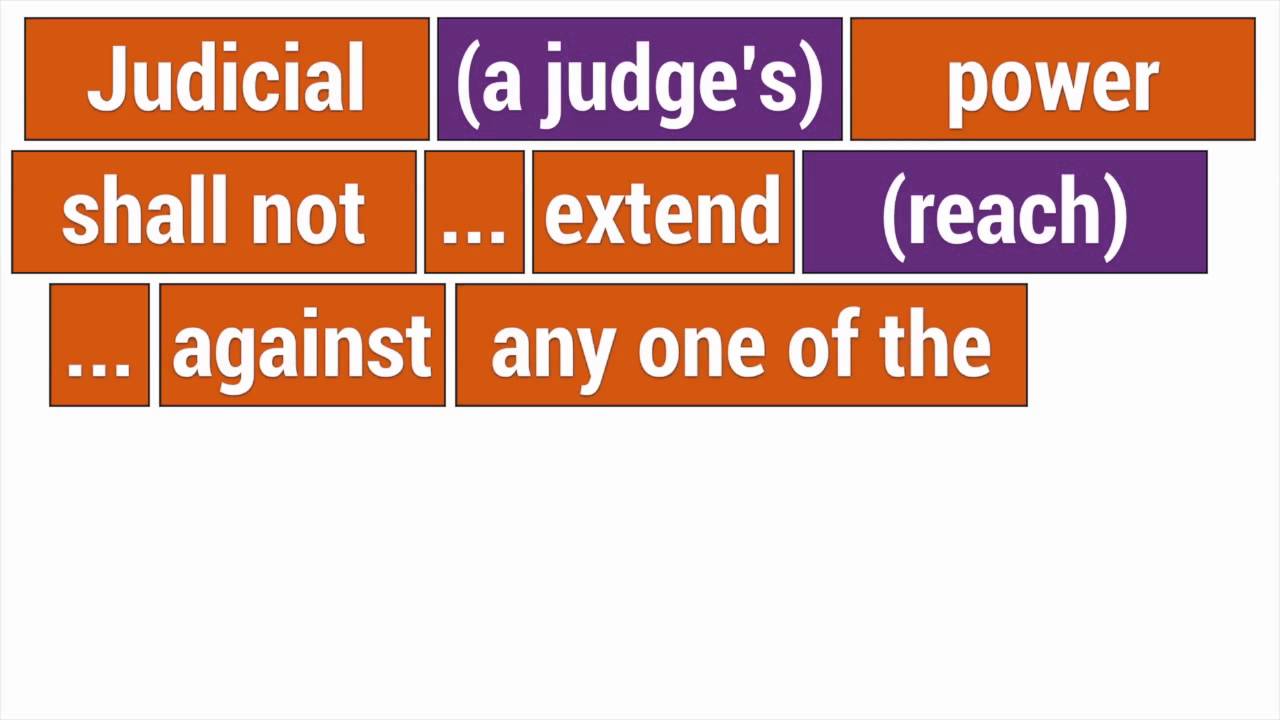⭐ALERT! Supreme & Lower Courts Rule “No License Necessary to Drive on Public Highways”
I’m NOT a lawyer and nothing in this video is to be taken as legal advice. This is simply a reading of a lower court and Supreme Court cases regarding…
Meeting The Deputy For The First Time
Celebrating our 10 YEAR ANNIVERSARY!
Everyone gets 5 free stickers but we are also giving away 3 dash cams, 10 .999 fine American silver eagles, free aluminum signs, books and MORE! Just place an order…
Owned and Operated By:
When they try to call you an “operator”… I am sure that we have all heard the phrase: “Owned and OPERATED by…” which clearly would be in reference to a…
How long do the axinated have to live?
Let’s remember the 20th anniversary of 9/11 by looking into one of today’s topics less published about, but being talked about quite a bit. (If you see this article, be…
The Poison Needle
Some very interesting suppressed information is within this post. God never meant for us to put needles in our bodies. When vaccinations first were introduced the rate of diabetes skyrocketed…
Resisting Arrest?
There is no such crime as “resisting arrest” when the supposed arrest is unlawful. This is a fictitious crime dreamed up by law enforcement to accuse a citizen of a…
UNITED STATES rules and regulations only apply to “PERSONS”!
“The Official State Office Known As “PERSON” This is the single most important lesson that you MUST learn. If you spend an hour to learn this material you will be…
“We The People” have 11th Amendment Immunity!
Most people are unaware that “We the people” have 11th Amendment immunity! 11th Amendment Immunity1.) The 11th Amendment under the US Constitution reads as follows: “The judicial power of the…







